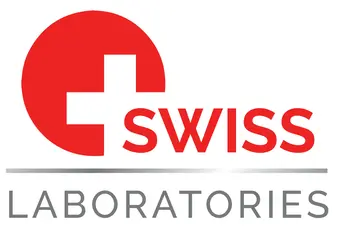- Home
- Cancer Immunotherapy
- CAR-T for Acute Lymphocytic Leukemia
CAR-T for Acute Lymphocytic Leukemia
The current treatment with CAR T-cells and leukemia are focused on Acute Lymphocytic Leukemia (ALL) which is a type of cancer of the blood and bone marrow that effects the lymphocytes (white blood cells). ALL is the most common type of cancer in children, though it can also occur in adults. When Acute Lymphocytic Leukemia occurs in children the treatment results in a good chance for a cure. Acute Lymphocytic Leukemia can also occur in adults, though the chance of a cure is greatly reduced.
ALL develops in the bone marrow (where blood cells are made) when unhealthy lymphocytes grow out of control and impair bone marrow function. Lymphoblasts, a form of immature lymphocyte, accumulate in the blood and bone marrow, are unable to function properly, and eventually interfere with the production of healthy blood cells.
In Acute Lymphocytic Leukemia the disease progresses rapidly and creates immature blood cells, rather than mature ones. The word "lymphocytic" in Acute Lymphocytic Leukemia refers to the white blood cells called lymphocytes, which ALL affects. Acute Lymphocytic Leukemia is also known as acute lymphoblastic leukemia.
Before the emergence of CAR T-cell therapy, the prognosis of patients with R/R ALL was poor, with a 5-year survival rate of 21% in children (1) and 10% in adults (2). However, CAR T-cell therapy has improved the situation remarkably, with a high complete remission (CR) rate of 57% to 93%.
These are the brief results of our treatments:
CAR T-cells for B-cell Acute Lymphoblastic Leukemia
42 leukemia patients have been treated by CAR-T
3-month best overall response rate is 85.7% (36/42)
The first patient treated with this product achieved complete remission in the first 2 months and had a 42-month relapse free until today.
The Side Effects of CAR T-cells
The side effects of CAR T-cells vary with the type of treatment the patient uses. There are several large companies and a few smaller companies with differing technology. The newer technologies have fewer side effects that the so-called first generation of CAR T-cells.
The most prominent side effect of CAR T-cell treatment is Cytokine-Release Syndrome (CRS). This potentially serious side effect is frequently associated with CAR T-cell therapy. Cytokines (chemical messengers that help the T cells carry out their functions) are produced when the CAR T-cells multiple in the body and kill the cancer cells. CRS symptoms can range from mild flulike symptoms that include.
Nausea
Fatigue
Headache
Chills
Fever
